No camp must focus on Indigenous voice to parliament’s irrefutable flaws
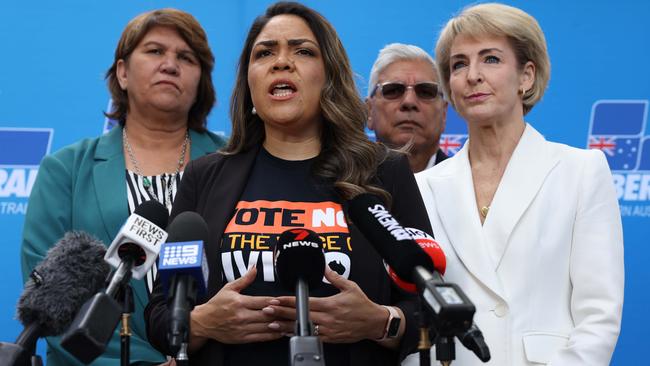
While the two are related, they are distinct from one another and should not be the focus of a single referendum. This is a problem because a good referendum question is one where an individual can formulate their response as either Yes or No; not “Yes, but …”
For all the people I’ve spoken with, constitutional recognition of Indigenous Australians is a definite Yes, so long as any statement of recognition inserted into the Constitution is a simple statement of fact, along the lines of “Indigenous Australians were and are the first peoples of this country”. It is the call for the newly proposed structure, commonly known as the voice, that I focus on in this article.
Many want the voice and many do not. But in addition to these who have decided, this paper has reported that there are an estimated 4.6 million undecided voters. These are the people the Yes23 campaign will be targeting. In this article I provide some advice I hope the No campaign and readers of The Australian can use to help these undecided voters make an informed decision.
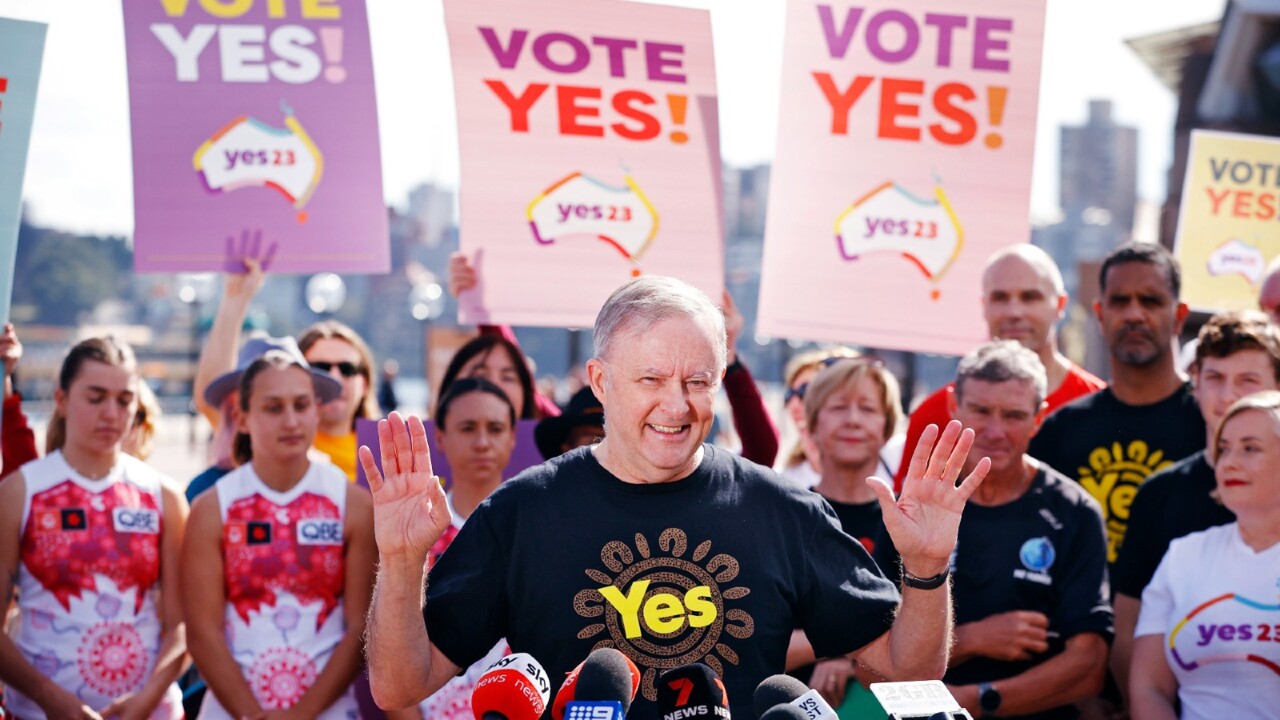
The Yes camp has provided their arguments. Two of the most common are: Indigenous people suffer disproportionately in terms of most indicators of health and wellbeing; and current approaches to improving health and wellbeing for Indigenous Australians are not working.
In my opinion, these are not arguments that justify the creation of the voice; they are statements of fact. These statements do, however, indicate that we as a nation must address the problems facing Indigenous Australians in a manner radically different from current and past practice. In this regard, I’m in agreement with the Yes camp. Where I disagree is their insistence that the proposed voice will make the difference.
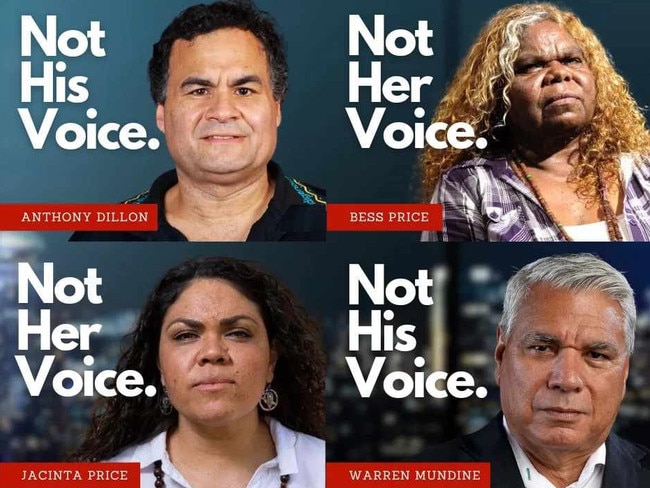
When the public are repeatedly told that Indigenous Australians suffer and that current strategies to address the suffering are failing, most want to do something; that is simply the Aussie way. However, many don’t know what to do. Given their sense of justice, the voting public search for an answer. This searching prepares their minds to be receptive to offered solutions.
The voice has been offered as a solution and has appeal to many. After all, it is presented as a “generous, modest and gracious offer” by the PM, and is endorsed by celebrities and major corporations as the solution to closing the gap. This persuades the voter to think: “If I vote Yes at the referendum, then I am voting to improve the lives of Indigenous Australians.”
For many Australians, it doesn’t occur to them that while something needs to be done to help Indigenous Australians, perhaps the voice is not a good option. This is understandable, given that very little detail exists for describing how the voice will help, so it is not something they can readily question.
The No camp questions the voice for two main reasons. First, the lack of detail for how it will make a difference sets off alarm bells. Or, when listening to leading voice proponents attempt to explain how the voice will help Indigenous Australians, they have observed them struggling to do so. At best, these leaders claim the voice will enable Indigenous voices to be heard, insinuating that they have not been or are currently not heard. This is easily debunked given the number of Indigenous organisations that exist to advise on Indigenous matters; not to mention the many prominent Indigenous leaders.
Second, the No camp knows what does enable Indigenous Australians to lead long, happy, and healthy lives. I am of course talking about education, employment, safe communities, protection of the vulnerable, and access to modern services; these are the same factors that work for non-Indigenous Australians. One only has to look at the Indigenous architects of the voice to see evidence of this.
In the lead-up to the referendum, the No camp needs to be focused and clear with their message. They will be far more persuasive if they hammer the points raised in this article, rather than arguing on matters like how many pages the Uluru Statement from the Heart is. Stick with the main points and let individuals explore the finer points if they so choose.
Anthony Dillon is a post-doctoral fellow at the Australian Catholic University.

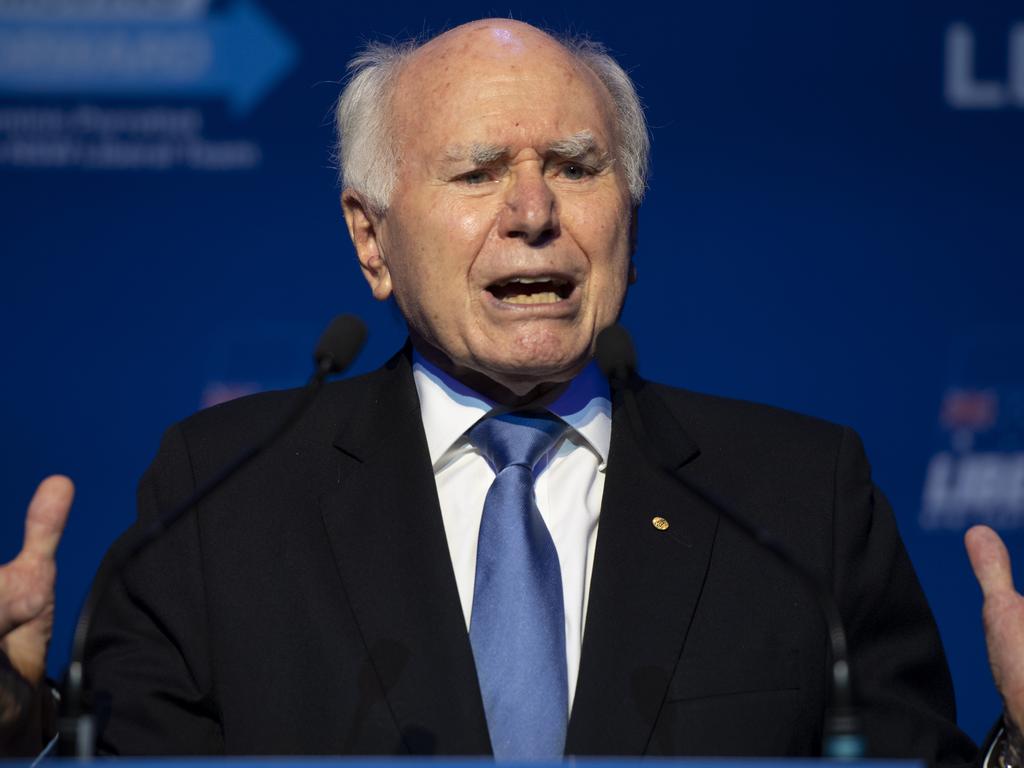
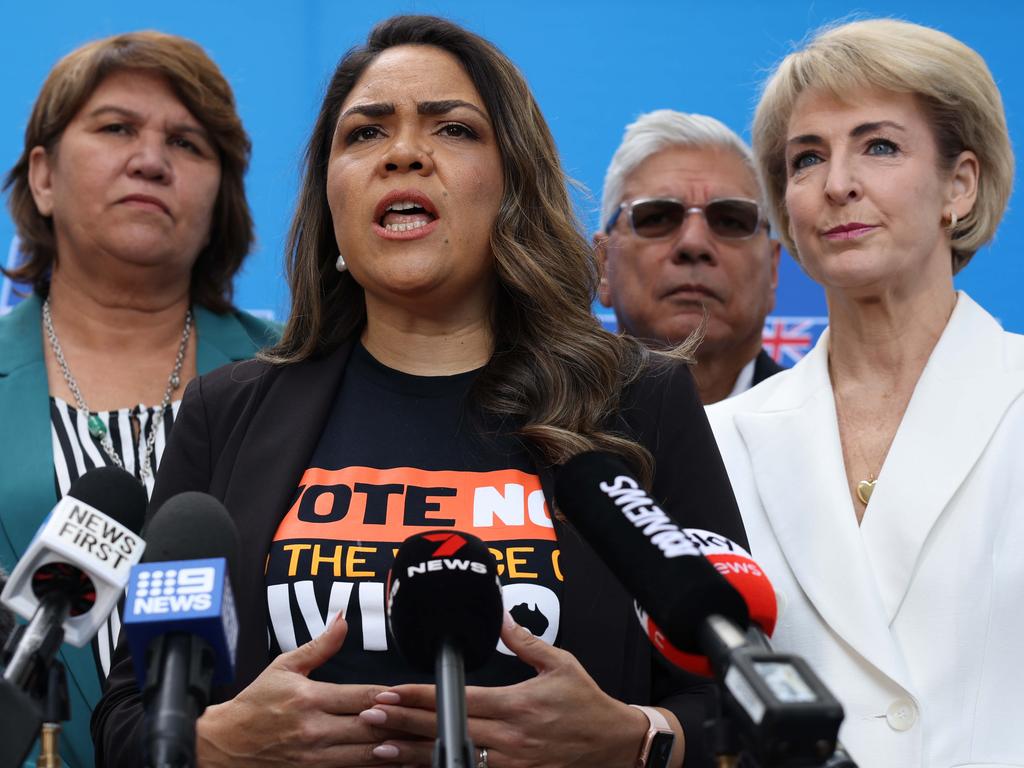
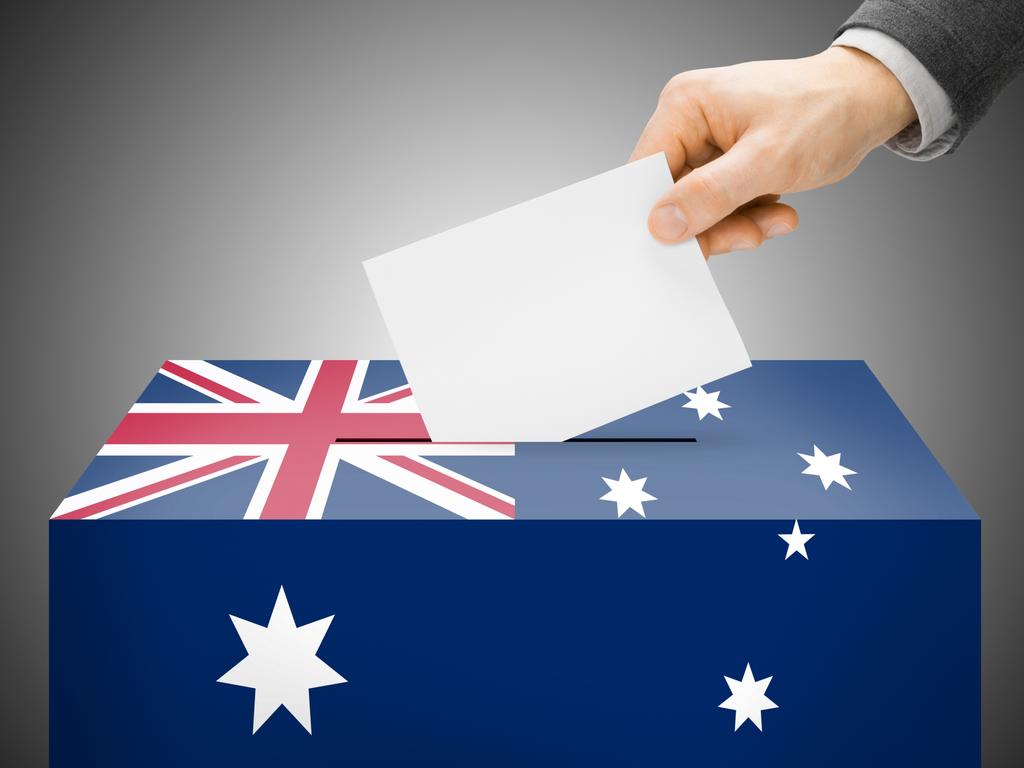
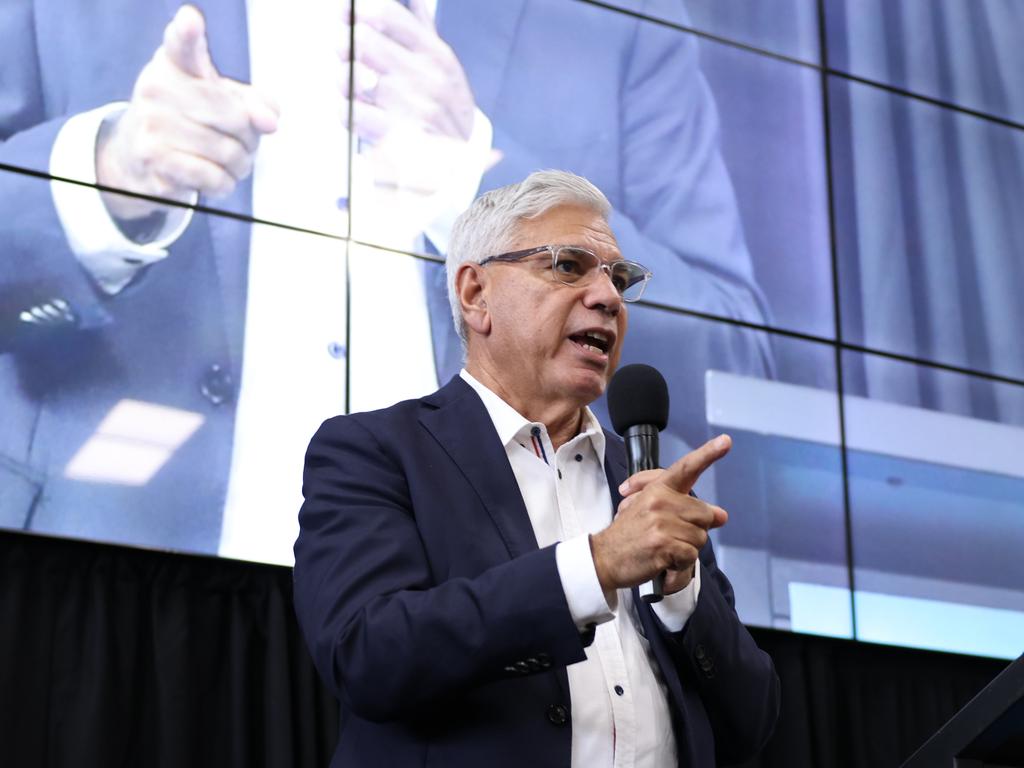

One of the problems with the upcoming Indigenous voice to parliament referendum is that it is about two issues: recognition of Indigenous Australians in the Constitution; and the creation of a structure that is intended to advise government on matters relating to Indigenous Australians.